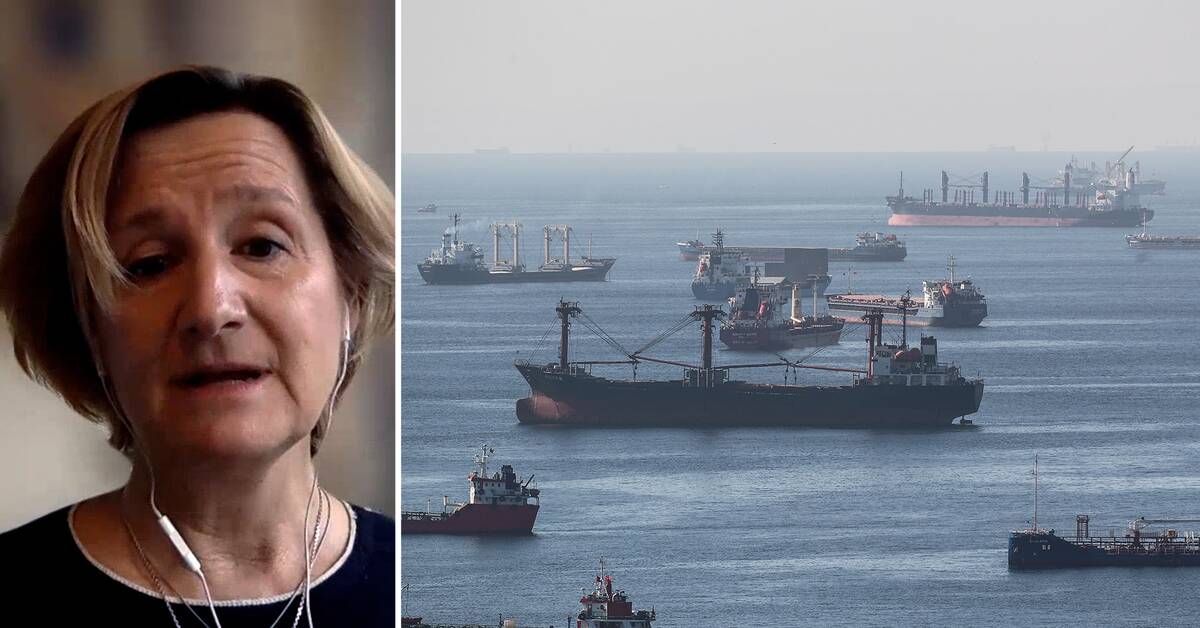The grain export agreement between Russia and Ukraine entered into force this summer and is initially valid until November 19.
The agreement means that both Ukrainian and Russian foodstuffs will be allowed to be transported across the Black Sea to reach the world without the ships being attacked.
But in the past week, Russia has first suspended and then resumed the agreement.
Russia itself claims that the security of exports is threatened by Ukrainian attacks.
There may be more reasons
Carolina Vendil Pallin, head of research at FOI, believes, however, that there may be other reasons for canceling the agreement.
- Russia has not benefited from the agreement as hoped, she says.
There are no sanctions against food exports, but countries and companies are careful about which agreements they enter into with Russia now, according to Vendil Pallin.
- It is simply associated with too high a risk of doing business with Russia, she says.
The agreement more important for Ukraine
The agreement is of greater importance economically for Ukraine than for Russia, and Russia also hopes to be able to press for further sanctions relief by canceling the agreement, Vendil Pallin believes.
- Russia can use this as a tool.
It puts pressure on Ukraine economically, but also on other countries because it drives up the grain price when there is an immediate shortage on the global market.
In the video, Vendil Pallin answers questions about what Russia's actions in the past week have meant.

